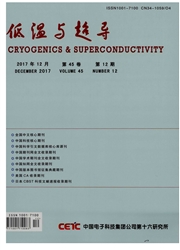

 中文摘要:
中文摘要:
以信息连续分布的智能空间内传感器优化布置为研究目标,以温度信息为例对智能空间进行势场模拟,在等势线上选取曲率较大、密集的点作为兴趣点(POI),提取POI初集;提出了一种基于质量阈值聚类的自适应二分法(简称QT算法),对兴POI初集进行优化;通过仿真和实测实验验证,在减少传感器数目的同时能够合理的规划区域中各被监测点,使得各传感器节点的效能得到很好的利用;所提出的方法同样适合智能空间中其它连续的信息场,如湿度、风速、电磁污染和VOCs等。
 英文摘要:
英文摘要:
This paper addressed the sensor - optimization of continuously - distributed - information for smart space. Poten- tial for temperature information was simulated, and POIs were selected in equipotential lines of large curvature or high density, thus the primary POI - Set was formed ; A novel Quality - Threshold - Clustering - Recursive - Bisection algorithm' (QT) was proposed for the Optimization of POI - Set ; Simulations and experiments show that minimum sensors may give reasonable results for sensor utilization and information acquisition; Method proposed may similarly be used for other information fields, including humidity, wind field, electromagnetic pollution ,VOCs and etc.
 同期刊论文项目
同期刊论文项目
 同项目期刊论文
同项目期刊论文
 期刊信息
期刊信息
